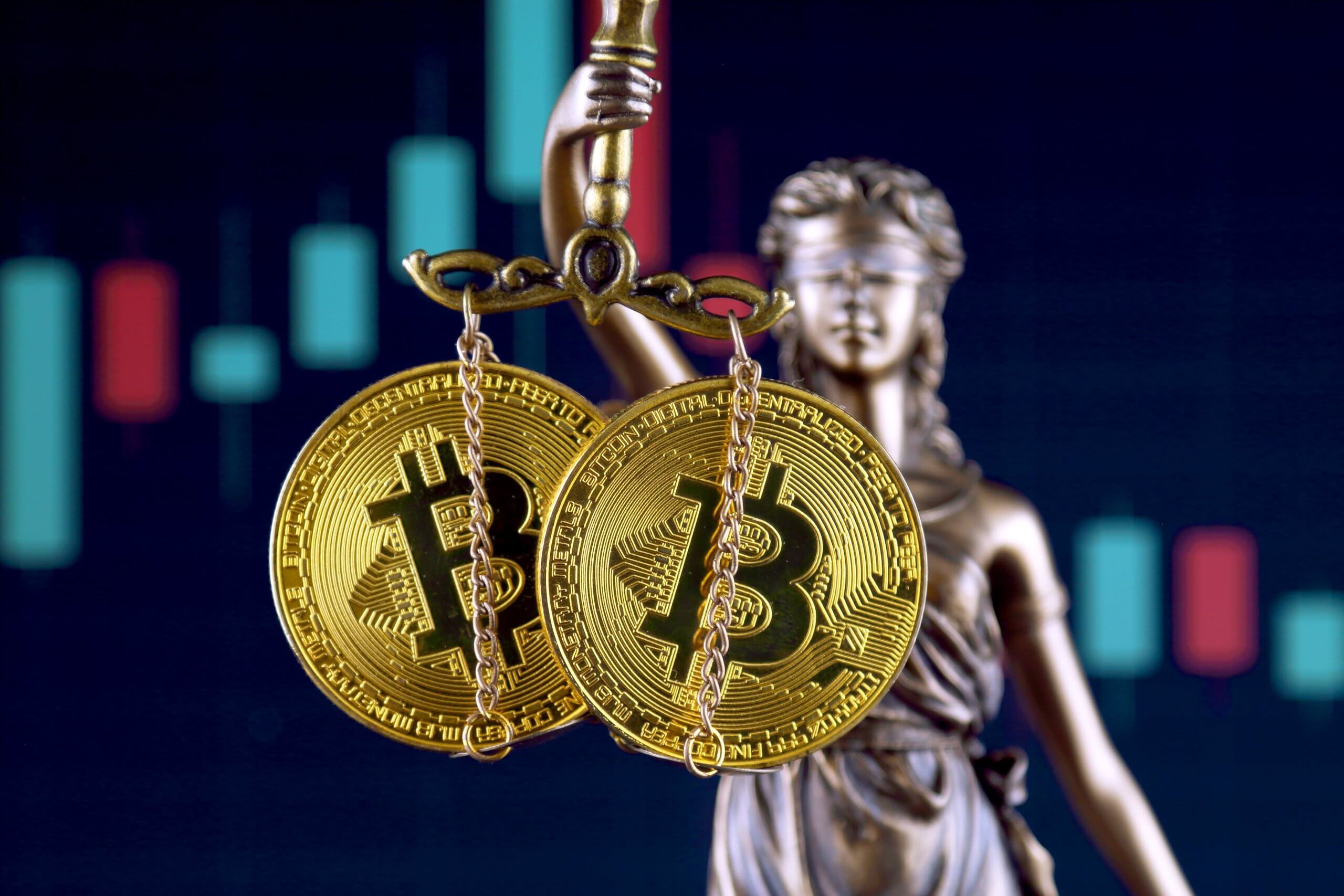

Will 2022 be the year of regulation throughout crypto?
As the cryptocurrency industry evolves into a more mature asset class, calls for regulation of digital assets became stronger last year.
With many larger companies, businesses and even governments reluctant to enter the industry because of volatility, it’s said that regulation for cryptocurrencies will bring peace of mind to the wider markets – perhaps leading to greater investment in the industry.
However, potential regulation could also curb the growth and development of the space, especially if the imposed regulations affect digital assets negatively.
Coin Rivet looks at the potential of upcoming regulation for 2022 and how it could possibly affect the industry as a whole…
One of the more exciting asset classes in cryptocurrency, stablecoins – which are assets pegged to the value of a denominated currency – have emerged as a frontrunner in real-world adoption and use-cases thanks to their versatility and function as a digital asset.
Unbound by potential volatility thanks to their pegged value, stablecoins such as Tether (USDT) and USD Coin (USDC) have shown that they can be reliable safe-haven assets for users across the crypto space.


Stablecoins such as Tether, USD Coin and Dai have proven invaluable for the growth of the cryptocurrency industry
However, to be used on a larger scale by global entities and governments, they need to be properly regulated, according to Jerome Powell, chairman of the Federal Reserve.
“Stablecoins can certainly be a useful, efficient consumer serving part of the financial system if they’re properly regulated,” he said.
It’s now predicted that stablecoins will be the first asset class within crypto to be regulated properly due to the wavering value of the US dollar amidst rising inflation.
This could be a double-edged sword for the industry, however – the wider use of stablecoins would naturally bring more eyes to the industry but could also lead to many investors shying away from the assets if they’re regulated in a negative manner.
Quoted by some as a “financial stability concern“, calls for wider regulation of digital assets have come from the very highest levels of economic policy, including the IMF.
With volatility also a concern, regulators will be keen to address the unpredictable nature of digital assets, which can suffer from major price swings.
It’s anticipated that regulation in 2022 will be focused on protecting ‘retail’ consumers from losses via regulating exchanges which have faced the tumultuous task of appeasing governing bodies and authorities.
Three leading exchanges – Gemini, Binance and Coinbase – all worked closely with regulators in 2021, and it’s clear that further regulation may be needed to ease any doubts about the safety and security of assets offered by them.
Here in 2022, the regulatory environment remains somewhat uncertain on a country-by-country basis.
Countries such as Russia and Brazil have given an early indication of what to expect, while other countries such as El Salvador have embraced cryptocurrencies Bitcoin and introduced their own regulations.
More influential countries such as the US and India have also laid out plans in the form of infrastructure and legislation bills, which many expect to turn out positive barring any major changes in their views on digital assets.
Denver, Colorado, 24th February 2025, Chainwire
Denver, Colorado, 20th February 2025, Chainwire
Washington, D.C., 18th February 2025, Chainwire
Dubai, UAE, 27th January 2025, Chainwire
Those who enter the market at this time may be surprised to hear that Bitcoin…
George Town, Grand Cayman, 22nd November 2024, Chainwire